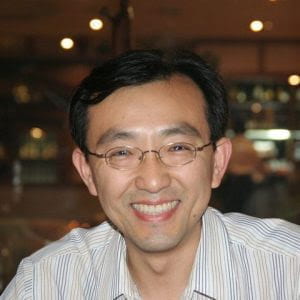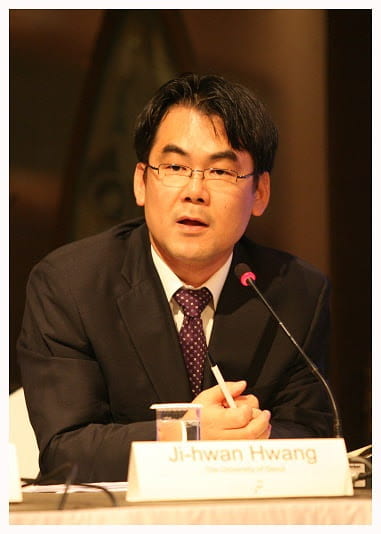Economic Engagement with North Korea – Opportunities and Challenges
with Dr. Joongho Kim
RSVP
_______________________________________________________________________
Lecture Topic
North Korea is a country of hunger and isolation. Its leadership has consistently pursued the national goal of making the country “powerful and prosperous.” Amidst the pressure of regime rivalry with the South, North Korea has consumed most of its resources to secure the regime’s survival rather than for the people’s welfare. In actuality, North Korea has great potential for economic development. However, despite its internal and external conditions changing dynamically, the North Korean economy has been left behind and remains severely unbalanced.
In order to find better ways to facilitate North Korea’s integration with the global economy, Dr. Kim will discuss the issue of how to engage with North Korea by exploring opportunities and challenges.
About Joongho Kim
Joongho Kim is currently a Visiting Scholar at the GW Institute for Korean Studies. Dr. Kim served as a senior research fellow at the Research Institute for North Korea and Northeast Asia Development at the Export-Import Bank of Korea. Additionally, Dr. Kim taught at the University of Hawaii at Manoa and served as a research analyst at the Institute of Foreign Affairs & National Security (IFANS) of the Korean Foreign Ministry. His research interests include strategic ways to facilitate North Korea’s economic and financial reform.
_______________________________________________________________________
Institute for Korean Studies (GWIKS) was established at the George Washington University to strengthen and grow the existing Korean Studies program at GW and promote the Korean humanities in the nation’s capital. It is determined to play a leadership role in encouraging and enabling productive research about Korea in the Washington DC metropolitan area. GWIKS Lecture Series is an attempt to bring leading local scholars in Korean studies to GW to interact with GW professionals and students and share their ideas and recent studies.












